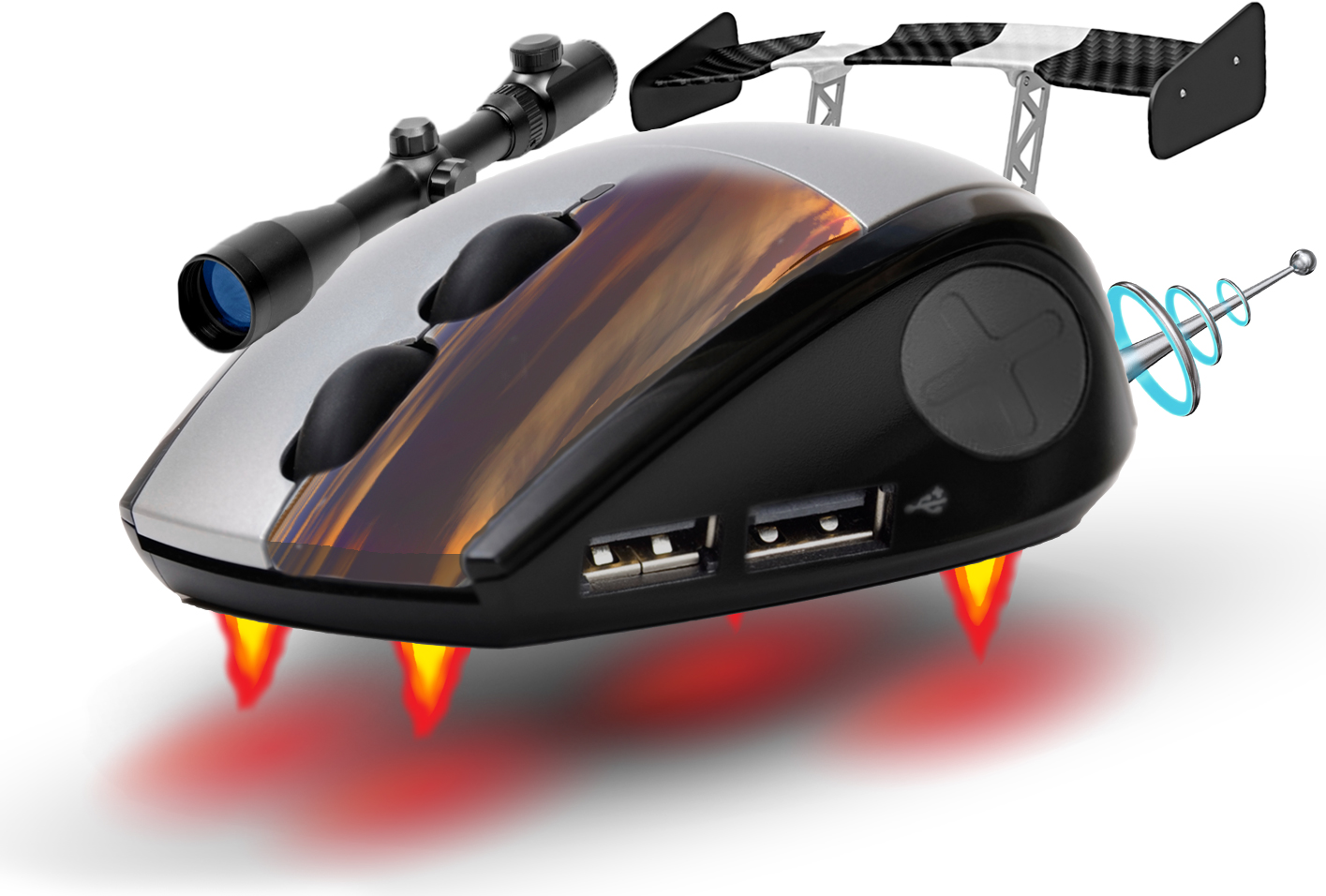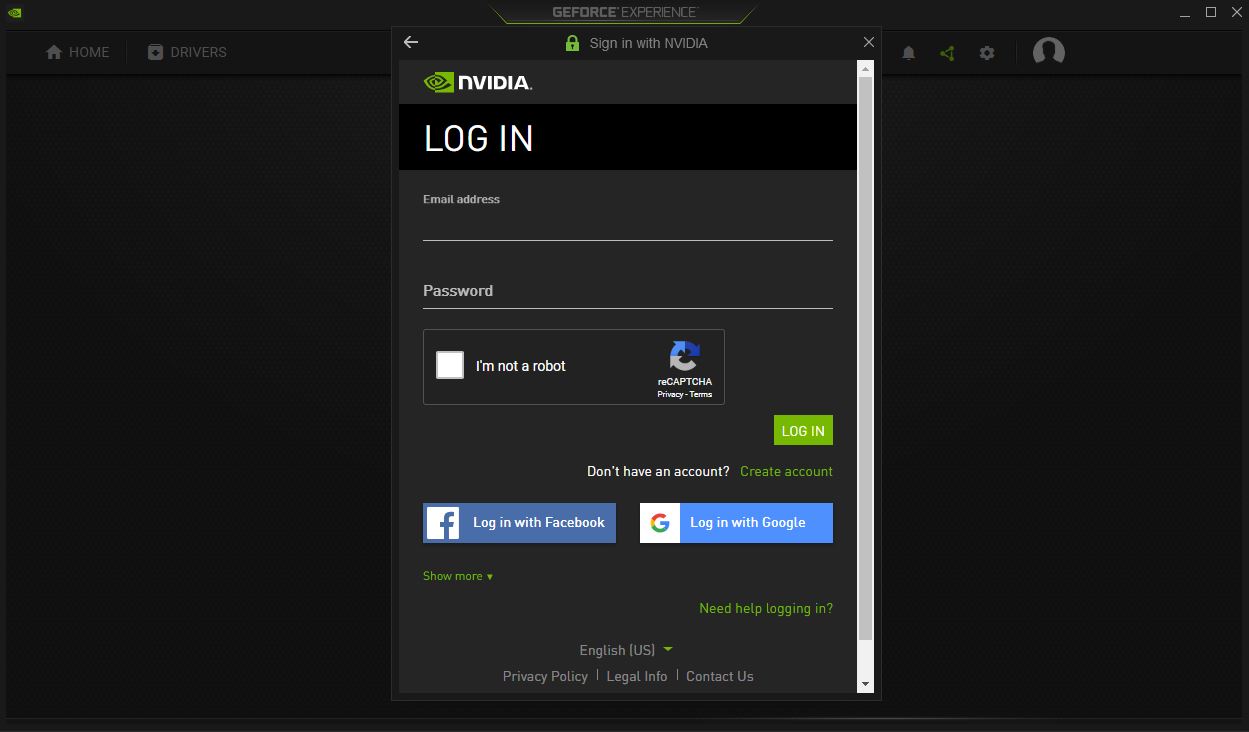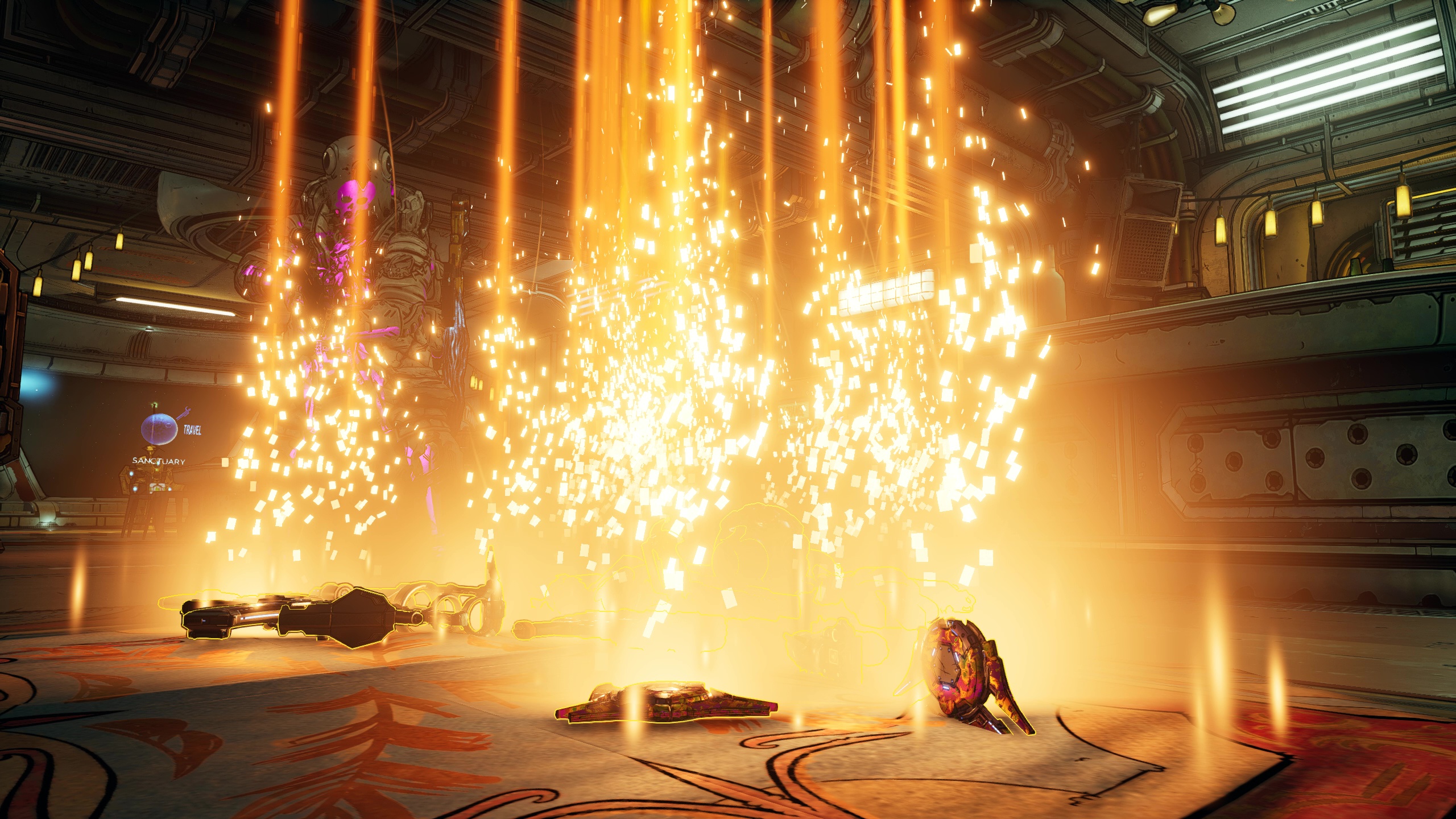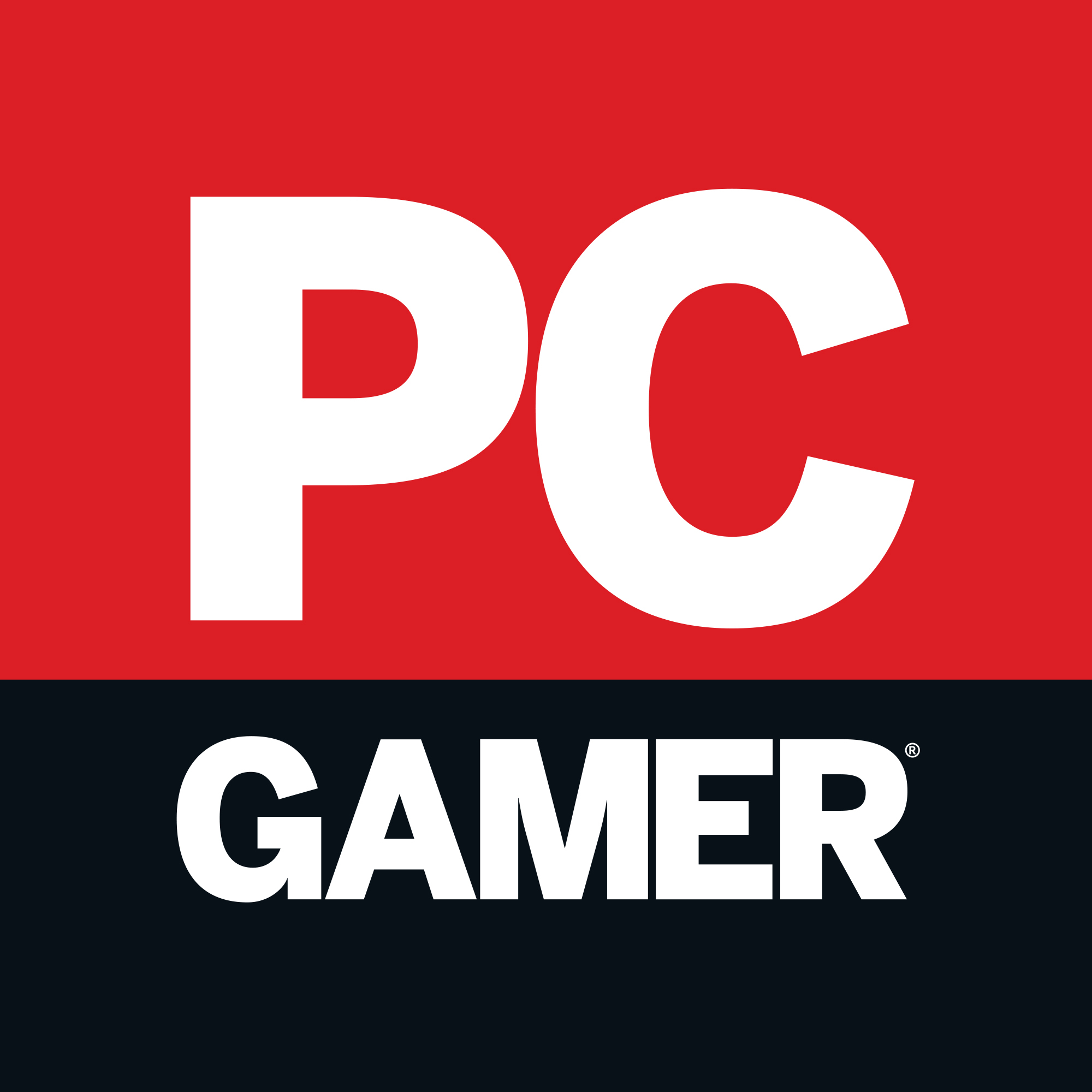
PC gaming encompasses traditional big-box games, ongoing F2P behemoths, an infinite supply of indie projects, huge monitors, powerful hardware, the ideal controllers in a mouse-and-keyboard combo (near-universal gamepad support doesn't hurt), and console exclusives are rapidly becoming a relic of the past.
PC gaming is more vibrant and exciting than it's ever been. But it's not perfect, so in what ways, big or small, could our hobby improve?
What's missing from PC gaming? We're thinking in terms of sea change and C change (maybe you want keyboards to swap the C and CTRL positions to feel better about your chosen crouch method). What's our dream wishlist? Share your ideas in the comments.
Find all previous editions of the PCG Q&A here. Some highlights:
- What singleplayer game is better with friends?
- Which keys do you always rebind?
- How do you hold your mouse?
Jarred Walton: Faster load times
Something I've been thinking about ever since Sony's initial discussion of the PlayStation 5 hardware is how long some games take to load. I guess I need to see what the PS5 actually does in the real world, but we've had fast SSDs available on PC for quite a few years now, and even faster drives are now commonplace and relatively cheap. Using an SSD for gaming does improve the load times compared to a hard drive, but it's not quite as massive a change as I'd like it to be. If the PS5 really does manage to get things to the point where you can launch a game and be playing in under 10 seconds, with nary a load screen in sight, there's no reason that shouldn't be possible on PC—in fact, if it's possible next year on PS5, it was possible several years ago on PC.
Put it another way, I can boot Windows 10—from power off to the desktop on some PCs takes less than 10 seconds. Games need to learn from that and get me into the game faster from the desktop. Any launch videos need to be immediately skippable after the first launch, and that goes double for screens full of legalese telling me... I don't know what they tell me actually, because like everyone else, I never read the boring text! Give me a menu option at least that I can opt into that says, "I've read your legal message, and I agree to abide by it, and please never delay my game launch by showing me this wall of text again."
Jody Macgregor: Basic human decency
It would be great if I could play more than three games of Apex Legends before getting teamed with at least one gross dude. Or if women could use voice chat in any online game with confidence it wouldn't attract the worst of humanity. Or if it was possible to mention this gigantic problem without having a legion of testy men descend from Rational Heaven to explain that it's all just words and nothing on the internet matters. The main thing that's missing from PC gaming is any sense that human beings could be better to each other and that it would be worthwhile for that to happen.
I guess like if more games had quicksave that would be nice too.
Keep up to date with the most important stories and the best deals, as picked by the PC Gamer team.
Wes Fenlon: Perfect recording tools
For a long time, I thought we had it: the perfect way to record our gaming sessions. Nvidia Shadowplay made it so easy. It had a tiny impact on framerate compared to previous go-to recording tools like Fraps and Dxtory and spit out high quality but manageable file sizes. And while Shadowplay (or now, as it's called, Nvidia Share) is still my go-to tool, it hasn't gotten substantially better, at least not in ways that I care about. If anything, I feel like it's worse.
There's the overlay, for one thing. Why does everything need a damn overlay? Just give me a lightweight app and some easy keyboard shortcuts. Hilariously, Nvidia's screenshot cool pops up a giant notification every time you snap a shot, and then it hovers on the screen, and if you try to take another screenshot, it captures the overlay. Screenshot ruined! Who thought that was a good idea? Thankfully the option can be turned off, if you go digging in the notification settings.
Share is built into GeForce Experience, which started out wonderfully promising—installing GPU drivers from within Windows, without restarting? Miraculous! But it's grown bloated with features, trying to be its own game library with autotuned settings for various games. And it requires an account, because every tech company is hungry for that personal data. Nvidia has built the best way to take screenshots and videos of our games, but stuck it into a piece of software that's slow to open and loves to forget your login information. Just give me a great, lightweight, standalone version of Nvidia Share, and I'll call it what it is: the perfect recording software.
Chris Livingston: Super-smallness
I feel like PCs on the whole are still kinda, like, huge? Big, bulky, heavy, not easy to move around. I know there are mini PCs and not every computer is a massive tower, but looking at my past three or four PCs (which are all still haunting my office) they're all roughly about the same size, and that size is too damn big. Even the fairly compact one I have is still kinda big.
Most technology shrinks over time, and PCs definitely did for a while—I mean, they don't take up an entire room anymore. But on average a solid gaming PC still seems to be the same size and weight as it was about 10 years ago. Should I stop hoping for a great gaming PC I can basically carry around in my pocket? Do we just like big, awkwardly sized computers in general?
James Davenport: Healthier games
Games are the best and worst thing to ever happen to me. Popular design makes so many of them rewarding by nature, more akin to the gratification I get from eating or drinking something tasty than the gratification I get from close study of a book or movie. Neither sensation is above the other, it's just easier to say no to two-hours of sitting in a dark room or a sifting through a thick pile of text than an chowing down on an infinitely resupplied box of Krispy Kreme donuts. I spend way too much time eating these figurative donuts.
Borderlands 3 literally showers me with loot assigned varying stats that change the behavior in interesting, or more often, extremely insignificant ways. It's the chance something truly good might come along that keeps me playing for hours and hours on end, not that a shotgun reloads half a second faster. Destiny 2 wants me to repeat the same tasks, some of which are extremely mundane, for small chance at a piece of gear that I may not even like but will inch a number up and eventually give me a fair shake at raiding, a cool piece of closely considered design that I'd rather not have to invest so much time to explore.
I get it, loot games are an especially easy target. Games at large are designed to keep our attention, to reward our time spent. There's no inherent fault in that. But it's clear that many keep our attention for the wrong reasons, to keep us invested in ecosystems to spend more money on microtransactions or to, more insidiously as I see it, simply keep our attention focused on The One Game or Franchise for as long as it's supported or sequels are released. Tunnel vision.
Compulsive play is a good thing in the eyes of the profit-driven corporations—I don't blame it all on avarice either, I get the impression a lot of developers are drinking the kool-aid, or at least feel intense pressure to to keep their jobs. I just want to see less attention exploitation. I want to see games better integrate with a healthy lifestyle, encouraging players to go outside or stretch after an hour or two of play. What does a live service looter shooter that cares about my back and eyes and brain play like? Do the Nintendo thing and tell me to take a damn break and reward me for doing so. Games can be good for us, but I don't think we care enough if they actually are.
The collective PC Gamer editorial team worked together to write this article. PC Gamer is the global authority on PC games—starting in 1993 with the magazine, and then in 2010 with this website you're currently reading. We have writers across the US, UK and Australia, who you can read about here.




